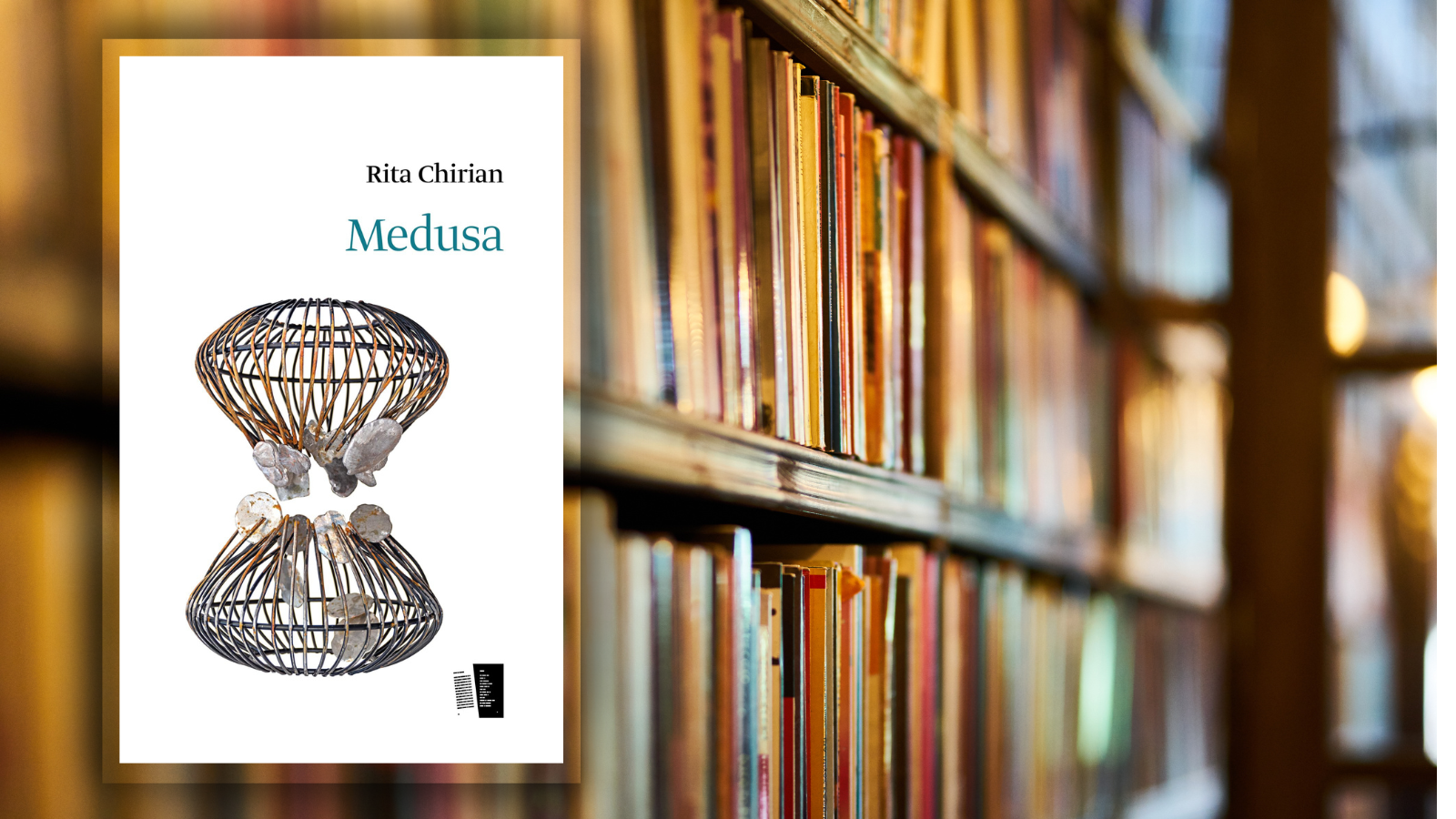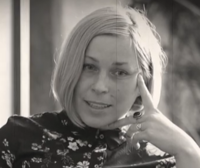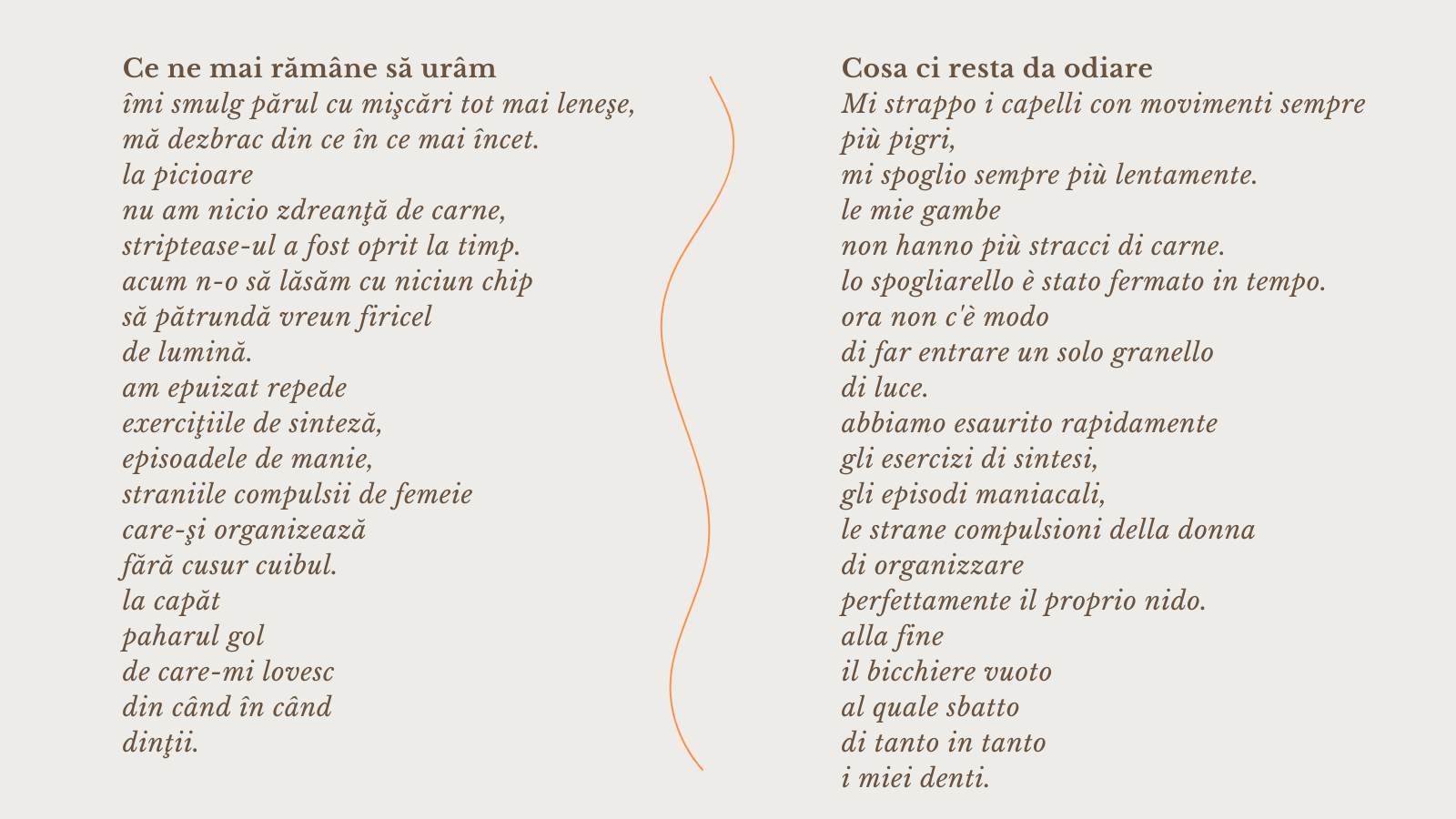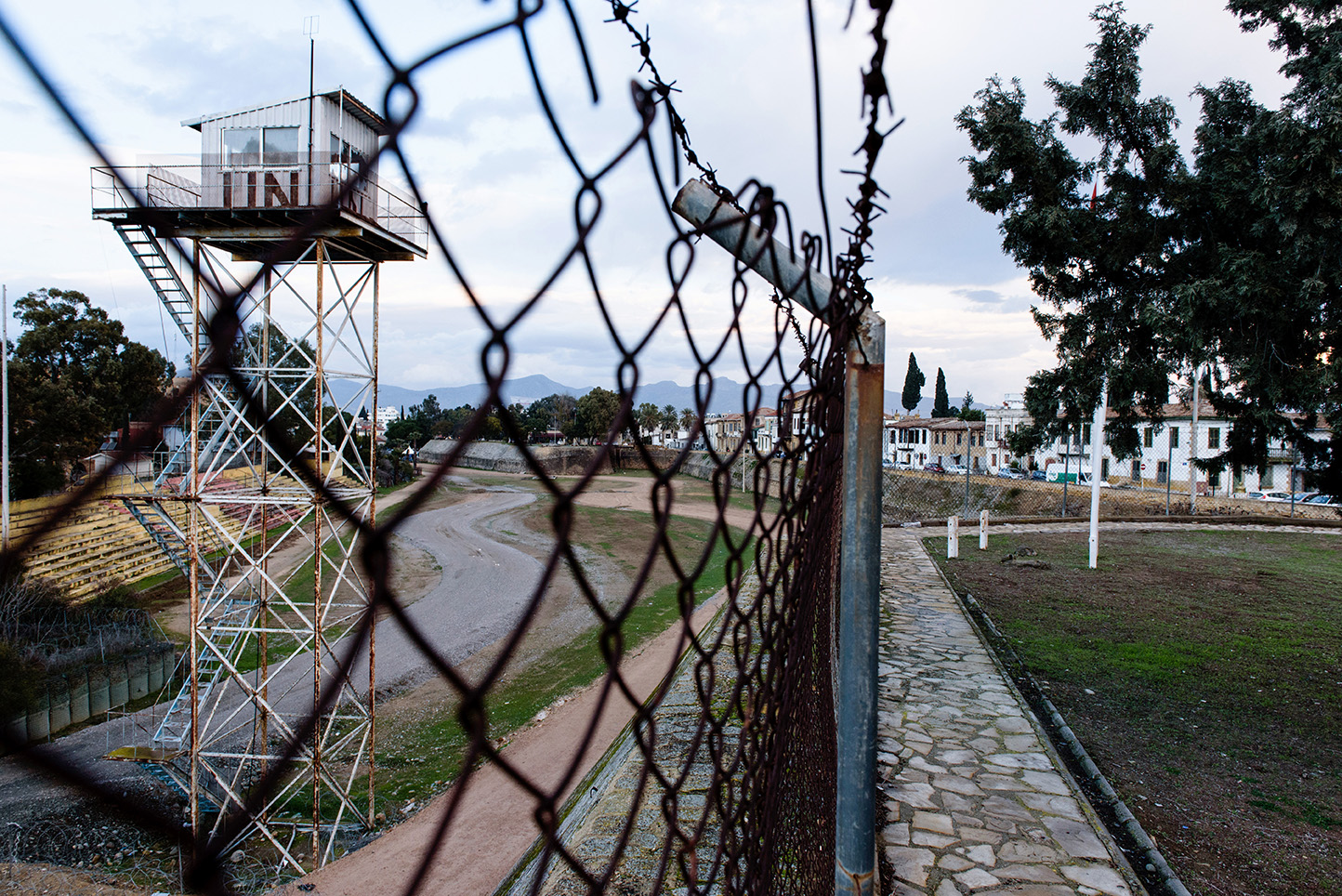Romania |
Romania: Rita Chirian’s poetry awarded
The 2024 Romanian Poetry Award for Best Book was given to Rita Chirian for her book "Medusa." The work blends philosophical depth, mythology, and contemporary sensibility. An invitation to look beyond the surface, where the meaning of things is born and hidden.

Romania-premiata-la-poesia-di-Rita-Chirian
Cover of the book Meduza by Rita Chirian
The "Cartea de Poezie a Anului 2024" (Poetry Book of 2024) Award, now in its fifteenth year, was awarded to Rita Chirian’s "Medusa," published by Max Blecher.
We live in times when artificial intelligence and technology seem to dominate every aspect of our lives. It may therefore seem exaggerated to speak of a "rebirth of poetry." Yet, sometimes, this is precisely the feeling. It’s not uncommon to sense a return to this art form, perhaps as a response to our human need to confess, to recognize ourselves in the emotions of others, and to give voice to our own vulnerability.
In the Bucharest subway, amid the crowds and the din, you can still glimpse readers absorbed in a book, almost creating a bubble of personal magic. Literature, and poetry in particular, stands as a shield and a cure for the soul, reminding us of who we truly are. This was the underlying theme of the evening of January 15th, when, in an atmosphere of profound connection between audience, authors, and words, the prize for the best poetry book of 2024 was awarded at the National Museum of Literature in Bucharest.
The Prize and its past winners
The "Cartea de Poezie a Anului" Prize was established to recognize the cultural and literary impact of authors who capture the spirit of their time through poetry. Previous winners include names who have shaped contemporary Romanian poetry: Ion Mureșan (2011), Ioan Es Pop (2012), Liviu Ioan Stoiciu (2013), Dan Sociu (2014), Octavian Soviany (2015), Teodor Dună (2016), Nora Iuga (2017), Dan Coman (2018), Romulus Bucur (2019), Angela Marinescu (2020), Ruxandra Novac (2021), Simona Popescu (2022), Alina Purcaru (2023), and Radu Vancu (2024).
The diversity of voices and styles celebrated over the years finds a perfect continuation in Rita Chirian’s "Medusa," a work that blends philosophical depth, mythology, and contemporary sensibility.
The jury and the event
The jury of the fifteenth edition included writer Cristina Bogdan, Dean of the Faculty of Letters at the University of Bucharest; Bianca Burța-Cernat, literary critic and historian at the G. Călinescu Institute of Literary History and Theory and professor at the Faculty of Letters in Bucharest; and Cosmin Perța, poet, prose writer, and essayist, currently professor at Hyperion University in Bucharest.
During the ceremony, poetry was celebrated not only as an art form but as a mirror of our times. Some criticize modern poetry, considering it too fragmented or lacking in poetry, comparing it to a long string of text messages or social media posts. However, this very fragmentation reflects the world we live in, made of contradictions, urgencies, and rapid connections.
Rita Chirian: a powerful voice
Born in 1982 in Botoşani, Chirian – a poet, essayist, and translator, as well as a teacher of Romanian language and literature – has built a solid literary career thanks to her ability to combine philosophical depth, imagination, and an extraordinary linguistic sensitivity.
She has published the following volumes of poetry:
– Sevraj (Vinea, 2006), for which she was awarded the Mihai Eminescu National Prize;
– Poker Face (Vinea, 2010);
– Asperger’s (Cartea Românească, 2012);
– Casa Fleacurilor (Max Blecher Publishing House, 2016), a volume awarded Young Writer of the Year 2016.
After eight years of creative silence, she returned with "Medusa," a work supported by the Cărturești Foundation’s Creative Poetry Grant. A volume that is not just a collection of poems, but a turning point, as the title itself suggests — a journey into mythology and the collective psyche, exploring themes of transformation, power, and vulnerability.
“When I chose this title (Medusa), I really liked the dialogue it had with mythology, with feminist manifestos, and with the biography of a more troubled femininity, but I didn’t think this volume needed to be ideological or a poetic manifesto — directed toward feminism, of course. I think I wanted to express myself in this book. In all the dimensions of my femininity,” the poet explains.
Through images that almost straddle the line between reality and the surreal, Chirian develops internal tensions caused by the inability to accept conventions, rules, or prejudices that exclude equal opportunities and the freedom to be: “In the dark bands we will meet/ only the monsters we have brought with us, / we will accompany them home/ and until dawn,/ oh, Ithaca” (“enormous buttocks, oiled shoulders”). "Medusa" exemplifies how poetry can serve as a mirror for anxieties and hopes.
It is simultaneously unbridled rage, power, and "feminine depression," notes literary critic Victor Cobuz. And what is different and truly special about Medusa is that the poet’s rebellion is no longer impulsive, but calculated, driven by a "hunger for clarity," directed at all the issues that shape our lives and articulated in short, disconcerting poems or collages that strike us with the most unexpected associations, each more ingeniously constructed.
With works like Rita Chirian’s "Medusa," we are invited, today more than ever, to look deeper, beyond the surface, where the meaning of things is born and hidden. Literature, as an antidote to the speed and superficiality of the modern world, remains a refuge for those seeking depth and a place where words become a mirror and a cure. “We have to imagine the happy shrimp.// growing into the stone that will crush it,” says Chirian.
This publication has been produced within the Collaborative and Investigative Journalism Initiative (CIJI ), a project co-funded by the European Commission. The contents of this publication are the sole responsibility of Osservatorio Balcani Caucaso Transeuropa and do not reflect the views of the European Union. Go to the project page
Tag: Literature











